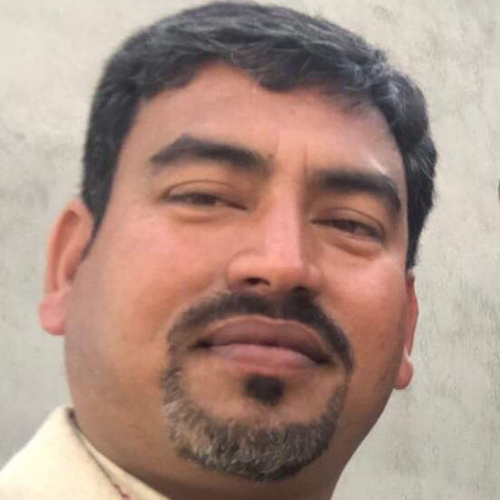National
Mother and two sons die after she was banished to an outdoor shed during her period
On Tuesday, Amba Bohora was on the fourth day of her period. And as she had been forced to do countless times in the past, she was banished to a hut, because a longstanding custom in this region of Bajura considers menstruating women impure.
Arjun Shah
On Tuesday, Amba Bohora was on the fourth day of her period. And as she had been forced to do countless times in the past, she was banished to a hut, because of a longstanding custom in this region of Bajura that considers menstruating women impure.
Amba of Pandusen in Budhinanda Municipality-9, Bajura, on Tuesday night had dinner with her two sons, 12-year-old Suresh and 9-year-old Ramit, after which they went to the hut to sleep.
On Wednesday morning, when Amba’s mother in-law opened the door to the hut, she found Amba and the two children dead. All three had died of suffocation due to a fire.
The hut, built years ago for the women in the family to practice Chhaupadi, neither had windows nor ventilation.
The Supreme Court banned Chhaupadi in 2005. In August 2017, a new law came into force that criminalises Chhaupadi. But the superstition runs so deep in the region that many women die in their Chhaupadi huts even to this day.
“The hut was so small that it could barely accommodate Amba and her two sons. One has to bend over to stand straight inside the hut,” said Khadak Bohora, the ward chairman, adding that most of the Chhaupadi huts in the village are similar to Amba’s hut.
For 35-year-old Amba and her sons, it would have been impossible to sleep inside the shed without a fire near them because of the cold weather. And that became the cause of their death on Tuesday night.
Amba’s husband Kansi Bohora left for Pithoragarh in India two months ago in search of work. She lived with her in-laws.
Khadak, the ward chairman, said a few years ago, an NGO had declared Pandusen a Chhaupadi free village.
“But such a tragic incident took place in a Chhaupadu of own village,” he said.
Chief District Officer (CDO) Chetraj Baral said a team including the district police chief was sent to the incident site. According to him, the bodies were taken to Kolti Health Post for postmortem. He also promised to provide relief to the bereaved family.
The incident site is about a three-hour drive along a dirt road from Martadi, the district headquarters of Bajura.
Though the age-old Chhaupadi practice is gradually declining, a separate hut, locally known as Chhau shed, has been constructed near the house where the social evil is still prevalent.
“There are no windows in the Chhau sheds. They are very narrow and congested. One cannot even stretch legs while sleeping inside it,” said Bindu Badal, an officer at the Women Development Office.
Besides insecurity in the Chhau shed, the women and girls in their periods have to endure various hardships. They are prevented from using public tap and are not allowed to consume milk, curd and other dairy products.
Rukmani Shahi, the chairperson of Women Rights Forum, said menstruating women are even barred from touching animals and fruit trees. “They are forced to use murky water in the rivulets as they are not allowed to use public taps,” she added.




 9.7°C Kathmandu
9.7°C Kathmandu














